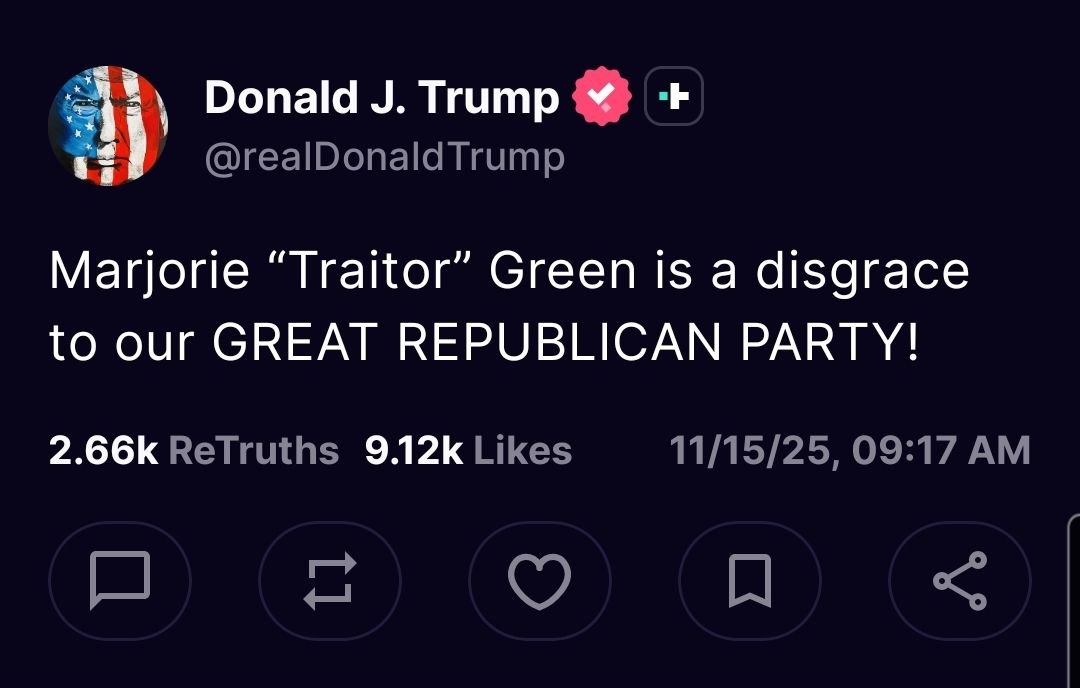Scott Jennings Challenges CNN Panel on Trump-Epstein Claims
In a recent segment on CNN, political commentator Scott Jennings confronted the network's panel regarding their discussions surrounding former President Donald Trump and his alleged connections to the late financier Jeffrey Epstein. Jennings' remarks sparked a heated debate, drawing attention to the implications of the panel's assertions.
During the segment, Jennings highlighted that the recent revelations from emails did not provide any new insights into Trump's relationship with Epstein. Instead, he pointed out that the emails indicated a New York Times journalist had been advising Epstein, a detail he deemed less significant in the broader context of the ongoing discourse. "The only new information that we got this week off those emails was that somebody from the New York Times was advising Jeffrey Epstein," Jennings stated. "We didn't learn anything we didn't already know about Donald Trump, which was that Jeffrey Epstein hated Donald Trump."
Jennings further criticized the panel for what he perceived as a political alignment between Democrats and Epstein, suggesting that the narrative surrounding Trump was being manipulated for partisan purposes. "Now Democrats are aligning themselves with Jeffrey Epstein because ORANGE MAN BAD!" he asserted, emphasizing his belief that the focus on Trump was more about political strategy than factual evidence.
The exchange highlights the ongoing tensions in political discourse, particularly regarding high-profile figures and their associations. Jennings' comments reflect a broader skepticism among some commentators about the motivations behind media narratives, especially in the context of politically charged investigations.
As discussions surrounding Trump and Epstein continue to evolve, the implications of these claims remain a focal point in the political landscape, with varying interpretations from different media outlets and commentators. The CNN panel's response to Jennings' challenge underscores the complexities of reporting on such sensitive topics, where facts and perceptions often intertwine.



